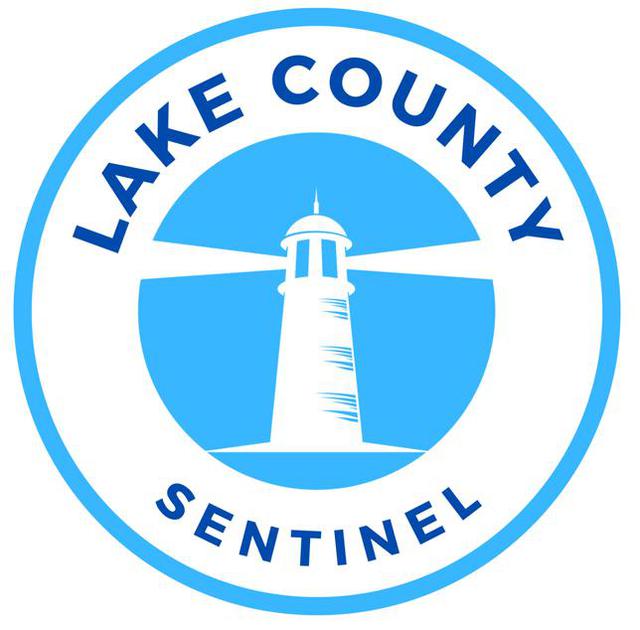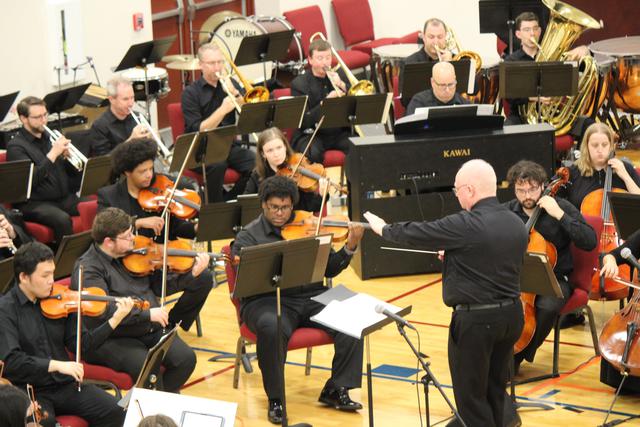Lake County Sentinel
WhoVillage Holiday Dash
Inaugural Two-Mile Timed Race & Family Fun Run Set for December 6th
(October 2025) – The Fairport Harbor Opportunity Development Corporation (FHODC) is excited to announce the inaugural WhoVillage Holiday Dash on Saturday, December 6th. It is a two-mile timed race and family fun run through the heart of Fairport Harbor. This festive event is perfect for runners, walkers, families, friends, and fur babies who want a unique and healthy way to celebrate the season.
FHODC President Christina Bacnik says of the event, “Beyond fundraising, the Dash will bring neighbors and friends, new and old, together to celebrate the joy, spirit, and uniqueness of Fairport Harbor during the holiday season.” She went on to say, “This event will showcase that #LifeIsBetterInABeachTown any time of the year.”
The WhoVillage Holiday Dash is a Chip Timed Race designed to positively contribute to the well-established Harbor Holiday Celebration in Fairport Harbor. As such, FHODC is pleased to say GCXC, Northeast Ohio and Midwest’s premier chip timing and race management company has been engaged to manage the Dash.
Whether you are a seasoned runner or just in it for the jingle bells and joy, this event promises holiday cheer, community spirit, and a chance to win big. Participants are encouraged to dress in your best Whoville attire, from the Grinch to Cindy-Lou Who, or any holiday creation that turns heads and spreads smiles. The WhoVillage Holiday Dash will award $500 for the Best in Who costume and $200 to the Best Max Dog to celebrate the most paws-itively festive pup in the race.
Registration is $25 and includes a finish medal and race day T-shirt (you must register 2 weeks in advance to receive the T-shirt). Interested participants can register at: https://register.chronotrack.com/r/88959 Race day check-in and day of registrations take place at the Fairport Harbor Veteran’s Memorial Park from 8:00 – 8:45 am and the race starts at 9:00 am. Participant parking is throughout the village. Race route can be found here.
For race-specific questions, contact holidaydash@fhodc.org. For race updates, connect with the FHODC on our Facebook page and on our WhoVillage Holiday Dash Facebook event here.
WhoVillage Holiday Dash sponsorship opportunities are still available for your business or organization. Sponsorships will help make Fairport Harbor a more vibrant community through beautification efforts. Click here for sponsorship details.
Community Information
"Lake County Ohio's Online News Source"
LAKE COUNTY FREE CLINIC PLANS PERMANENT HOME
A new opportunity for healthcare access for uninsured community members
(PAINESVILLE, OH) -- Since 1971, Lake County Free Clinic has made helping the community a priority, providing medical and dental care at no cost to adults and children who are uninsured or underinsured.
Now, as the premier free clinic in northeast Ohio, Lake County Free Clinic needs the community’s help.
In early 2022, LCFC will be moving into a new permanent location in central Painesville from which to provide comprehensive primary and specialty medical care, dental care, case management, labs, prescriptions, referrals for vision and specialty care, supplies and education. To do that, LCFC is launching “Building for a Healthier Community,” a capital campaign to raise $615,000.
"This is definitely one of the biggest challenges LCFC has faced in its 50-year history,” said LCFC Executive Director Marty Hiller. “I always say that a strong free clinic is a sign of strong community support, and I am confident that, as they have in the past, the community will help us remain strong for years to come. We are proud to be able to tell the community that we have already raised nearly half of the funds needed for this community investment.”
In the middle of the pandemic, LCFC leaders were told that the site where the clinic had operated for more than 15 years had been sold. Since January 2021, LCFC has provided chronic, acute and preventive medical care from much smaller temporary quarters while the clinic’s site search team worked diligently to identify a facility that would not only meet the current need but could accommodate the clinic’s growing caseload and list of services for many years to come.
In the last few years, LCFC has worked toward adopting a social determinants approach to healthcare, not only identifying the medical or dental concerns of patients but adding a case management program to identify and address other basic needs that could impact their health, such as insufficient food or inadequate housing. This whole-person approach is being adopted by a wide array of healthcare providers and has demonstrated positive and long-lasting health outcomes.
The new facility will allow the clinic to resume its much-anticipated dental services, expand medical care and more fully integrate the case management program. Time is of the essence, Hiller noted.
Our patients need us,” he said. “Thousands of people who don’t have medical or dental insurance in Lake and surrounding counties need us. An uninsured person who visits an emergency department is twice as likely to declare bankruptcy in four years -- and if the patient decides to go, there are times the patient does not get the help they need. Emergency departments are great for stabilizing patients in urgent situations. They are not primary care providers. Lake County Free Clinic is.”
Philip, a Mentor resident, came to LCFC in late 2020. He was uninsured and worried, because he hadn’t had his blood pressure checked in more than a year. At his first visit, his provider found edema and noticed that Philip’s blood pressure was reaching levels that could possibly cause a stroke. Philip left with medication and instructions on regaining his health.
By his next visit, he had started on medication, cut back on junk food and began hiking. He is excited for his next follow-up visit and new lifestyle.
“Everyone here is most helpful and friendly,” he said, adding that he was grateful to find a place where he could get care without insurance.
In 2020, LCFC provided more than 3,300 medical and dental treatment visits, even while limiting visits for two months due to the onset of the coronavirus pandemic. This year, LCFC is expecting to exceed the number of medical visits provided the year prior to the pandemic. More than 93 percent of patients are uninsured; more than 60 percent of patients have household incomes below 138 percent of the federal poverty level.
“The need for affordable healthcare is part of the larger picture of inequalities affecting many members of our community. This need continues to grow as our neighbors lose insurance coverage or employment,” Hiller said. “Free clinics reflect the value a community places on the health of its residents, and the community’s generosity is what allows that care to happen.”
For more information, or to support the work being done at LCFC, visit www.lakefreeclinic.org
Snowbelt Symphony presents Annual Joy To The World Concert
The Snowbelt Symphony Orchestra will present its annual holiday concert, "Joy To The World" Thursday, December 18 at 7:00pm at Lake Catholic High School in Mentor. The concert will feature a variety of popular Christmas favorites including music from A Charlie Brown Christmas and A Muppet Christmas Carol, a sparkling rendition of The Night Before Christmas, and a sleigh full of favorite traditional carols. Vocalist Sarah Klein will join the orchestra to sing White Christmas, Let it Snow!, and more. The concert will be conducted by Snowbelt Symphony music director, Greg Hillis.
A native of Ohio, Sarah Caroline Klein has honed her craft in theater, acting, and singing through studies in New York City and at Sight & Sound Theatres' Professional Performing Arts Conservatory. Her career spans Broadway, Off-Broadway, regional theater, film, and local productions, with standout roles in The Drowsy Chaperone, Cinderella, and A Comedy of Tenors. As the founder of Novelty Theater Company, she champions vibrant, engaging storytelling for audiences of all ages.
"I am honored to be a part of this beautiful concert sharing songs that are sure to bring the Christmas spirit, songs filled with warmth and nostalgia," says vocalist Klein. "You're absolutely going to love Sarah," says music director Greg Hillis. "She has an incredible voice and her theatrical experience gives her a phenomenal stage presence. Her narration of The Night Before Christmas is going to be the highlight of the program. Bring the whole family - this concert has something for everybody."
Tickets for the Joy To The World concert are $25 for adults and $10 for students. Tickets can be purchased online at www.snowbeltmusical.org. Lake Catholic High School is located at 6733 Reynolds Rd in Mentor. The school has free onsite parking and is ADA accessible.
The Snowbelt Symphony Orchestra is a fully-professional orchestra bringing accessible, affordable, high-quality live classical music performances to Lake and Geauga counties. The orchestra performed its first concert in March 2022.
For more information, please visit www.snowbeltmusical.org. Snowbelt Musical Arts Association can be reached for questions or comments at info@snowbeltmusical.org or 440-296-9610. SMAA can be followed on Facebook, Instagram, and X (formerly Twitter) @snowbeltmusical.








